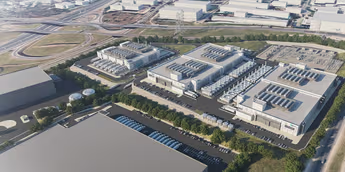IPOB-linked Atrocities, Killings in Nigeria’s South-East

By Erewunmi Peace
Over the past few years, the South-East region of Nigeria has witnessed a disturbing wave of killings, abductions, and attacks often linked to the Indigenous People of Biafra (IPOB) and its militant wing, the Eastern Security Network (ESN). These incidents, which have left hundreds dead and communities in fear, continue to draw national and international concern.
A detailed report by Premium Times highlights several violent episodes between 2021 and 2025 across Anambra, Imo, Abia, Ebonyi, and Enugu states. The report documents assaults on security agents, traditional rulers, and ordinary citizens, with government agencies attributing many of the attacks to IPOB and ESN members.
Nigeria’s Department of State Services (DSS) testified in court earlier this year that over 170 security operatives had been killed in operations linked to IPOB/ESN activities. The DSS also accused the groups of setting up secret camps and radio transmitters to coordinate attacks.
Similarly, human rights watchdogs, including Amnesty International, confirmed that at least 1,800 people have been killed in the region since 2021. The organization, however, emphasized that both state forces and armed separatist groups have committed grave human-rights violations.
IPOB, led by detained activist Nnamdi Kanu, has consistently denied involvement in the killings. The group maintains that criminals and political actors are behind many of the violent acts being attributed to them in an attempt to tarnish their agitation for self-determination.
Despite the denials, the South-East remains volatile. Residents continue to live under fear, especially during the now-controversial “sit-at-home” orders once enforced by the separatists. A Reuters report in May 2025 estimated that the sit-at-home protests and associated violence have caused more than 700 deaths and crippled economic activity across the region.
As security agencies intensify operations to restore peace, analysts warn that without genuine dialogue and socio-economic investment, the violence could persist. Experts say the crisis in the South-East is rooted in deeper grievances — including political exclusion, unemployment, and mistrust between the federal government and local communities.
For now, peace remains elusive, and the people of the South-East continue to bear the heavy toll of a conflict that shows little sign of ending soon.


























































































































































































































































































































































































































































































































































































































































































































































































































































































































































































































































































































































































































































































































































































